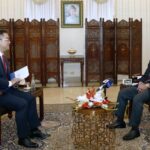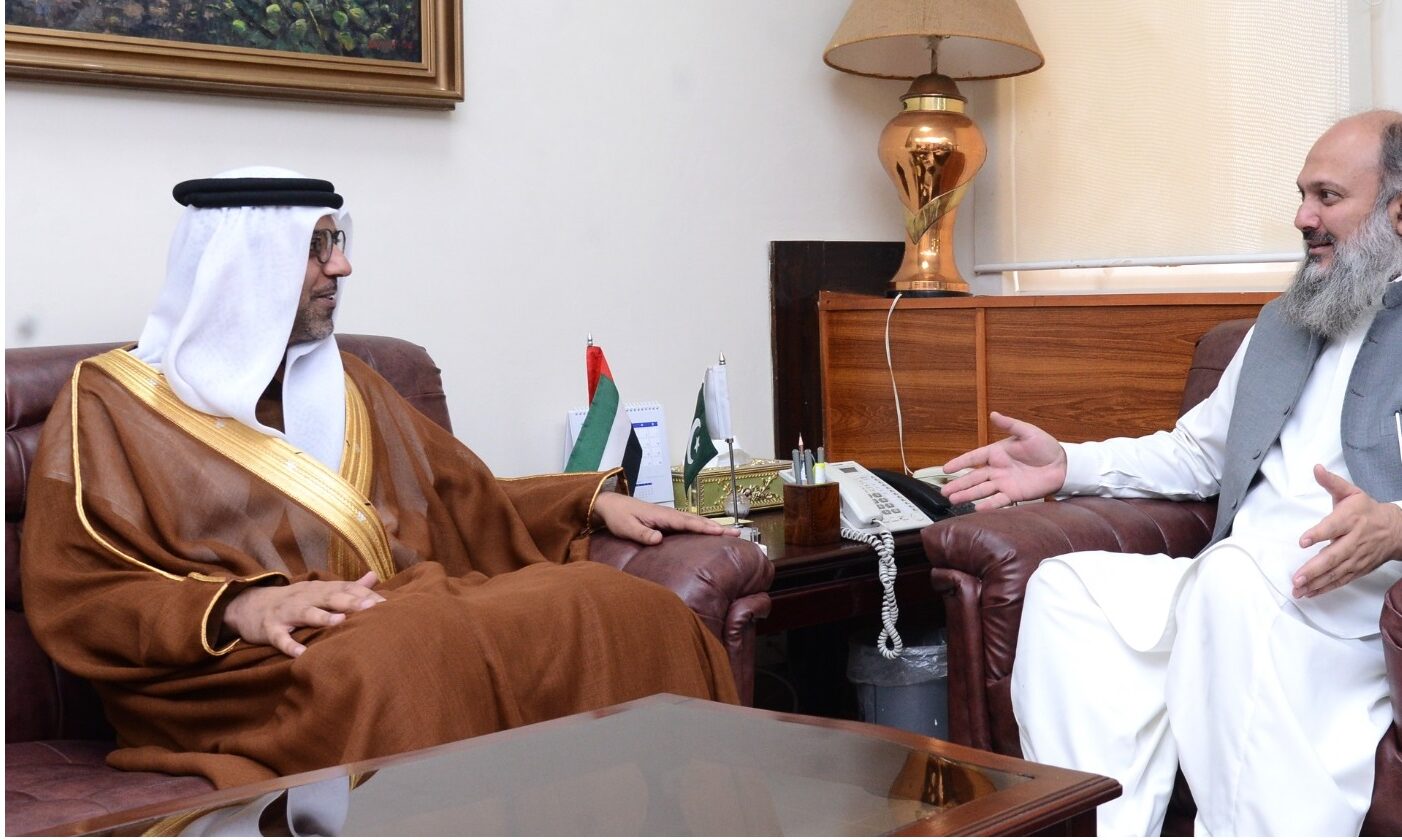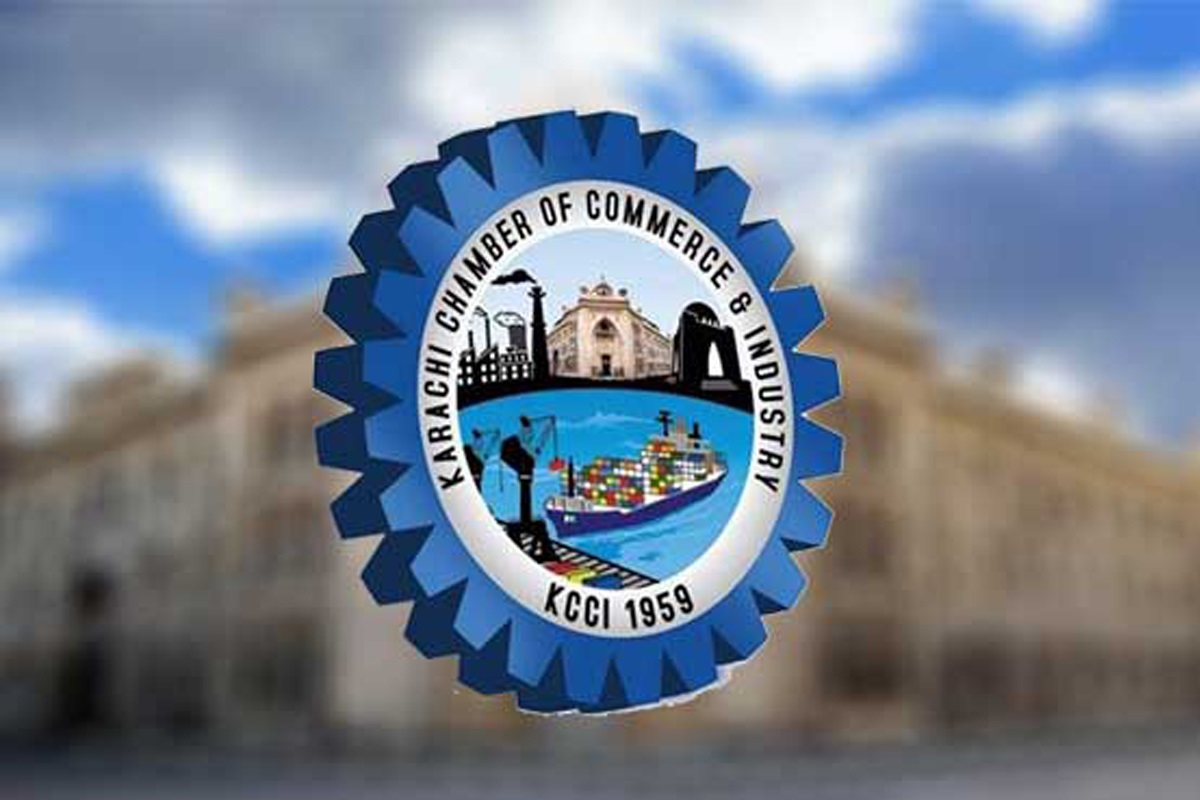- Debit cards, virtual cards and QR payments to complement the credit card portfolio
Karachi, August 12, 2020: Mastercard has expanded on its existing strong partnership with Faysal Bank through an agreement that will further support the digitization of the payments infrastructure and accelerate the growth of digital transactions in Pakistan – a focus area which has the potential to boost Pakistan’s GDP by up to 7% according to McKinsey Consulting.
Mastercard already had credit issuance with Faysal Bank in place and with the recent agreement, the Bank can also issue Mastercard debit cards and enable Mastercard QR on the Faysal Bank digital app. Additionally, Mastercard will bring virtual cards to Pakistan, helping provide additional peace of mind to online shopping. Faysal Bank will help enable this functionality for other banks across the country.
“Partnerships are the building blocks of stronger payment ecosystems that connect more people to safe and secure payments. Our continued collaboration with Faysal Bank is great news for Pakistan’s payment infrastructure, and with every new card issued and QR transaction made, we are one step closer to a world where more opportunities can be embraced without the burden of cash,” said Atyab Tahir, Mastercard’s Country Manager for Pakistan.
“We are pleased to expand our partnership with Mastercard and enhance our product offering for customers in Pakistan. As a leading Bank in the country, we remain focused on digital growth, seamless user experiences which increase convenience and look at this partnership to increase the reach and accessibility of digital payments in the country,” said Yousuf Hussain, President and CEO of Faysal Bank.
Mastercard is ambitiously forging partnerships with banks and mobile network operators across the Middle East & Africa to deliver value-added payment solutions that are making access to digital transactions easier and safer for more people. Earlier this year the technology leader made a global commitment to help bridge the digital divide by bringing 1 billion people into the digital economy by 2025.









